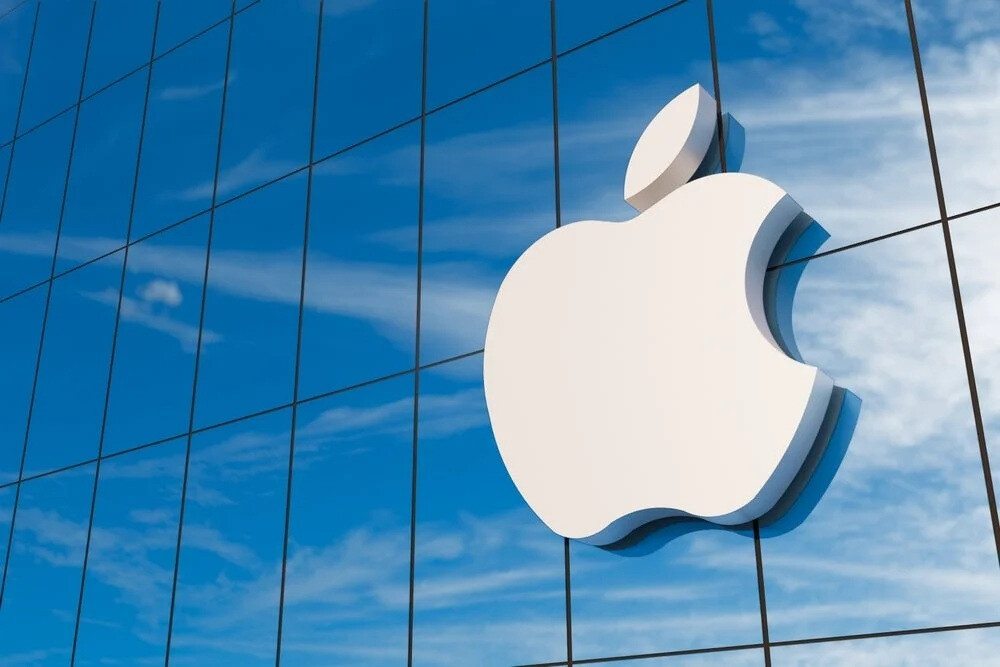
BRUSSELS — The long-running conflict between Apple and the European Union reached a boiling point this week as the tech giant formally called for the repeal of the bloc’s landmark Digital Markets Act (DMA), citing claims of compromised security, diminished user experience, and unfair competition. The European Commission, however, swiftly and emphatically rejected the demand, standing firm on the necessity of the legislation.
Apple's formal request was submitted during the public consultation for the DMA review, which concluded on Wednesday. In its submission, the iPhone maker argued that the sweeping antitrust legislation—intended to curb the monopolistic power of "gatekeepers" like Apple—is having the opposite effect. The company claims the law forces it to dismantle the seamless integration and security of its ecosystem, exposing users to greater risks.
Security and Feature Delays Cited
The most significant concerns raised by Apple center on security and the delayed rollout of innovative features. The company cited the Live Translation feature for AirPods and iPhone Mirroring to Mac as key functionalities withheld from EU users.
According to Apple, the DMA’s requirements for interoperability with non-Apple products create technical barriers that compromise user privacy. Specifically, the mandate to work with third-party devices could risk exposing sensitive data, such as conversation content from translation services, to external developers.
"The DMA means the list of delayed features in the EU will probably get longer, and our EU users' experience on Apple products will fall further behind," the company stated, claiming the law is undermining its capacity for innovation. Furthermore, Apple warned that a product as transformative as the original Apple Watch may never have launched in Europe under the current regulatory constraints.
The Samsung 'Unfair Competition' Argument
Apple also intensified its criticism of the DMA's scope, pointing to a perceived double standard in its application. It highlighted the fact that Samsung Electronics, despite being the smartphone market leader in Europe, was excluded from the initial "gatekeeper" designation, while Apple remains a primary target.
In a separate statement on its website, Apple publicly challenged the EU's reasoning. "Samsung is the leader in the smartphone market in Europe and Chinese corporations are growing rapidly, yet the DMA rules apply only to Apple," the company argued, painting the regulation as unfairly targeting its innovative ecosystem while competitors are free from the most stringent rules.
EU Stands Firm: "Absolutely No Intention" to Repeal
The European Commission’s response was immediate and uncompromising. Speaking at a regular briefing, Commission Spokesperson for technological sovereignty, Thomas Regnier, flatly denied any intention to scrap the law.
"Apple has simply contested every little bit of the DMA since its entry into application," Regnier retorted, expressing a "serious concern about Apple's compliance with the DMA." He stressed that the law’s core purpose is not to lower privacy or security standards, but to ensure fair competition and expand consumer choice across the continent.
The standoff comes as Apple is already appealing a €500 million fine levied by the EU in April for violating DMA rules related to its App Store policies. Regnier noted that other DMA compliance investigations are ongoing and warned that "all options are on the table."
Enforced since March 2024, the DMA empowers the EU to impose penalties of up to 10% of a company's global annual revenue for non-compliance, ensuring the stakes in this escalating trans-Atlantic regulatory battle remain extremely high.
[Copyright (c) Global Economic Times. All Rights Reserved.]




























